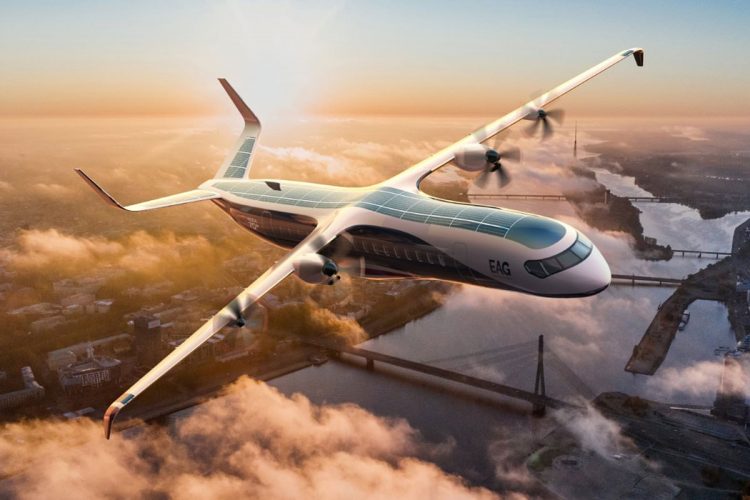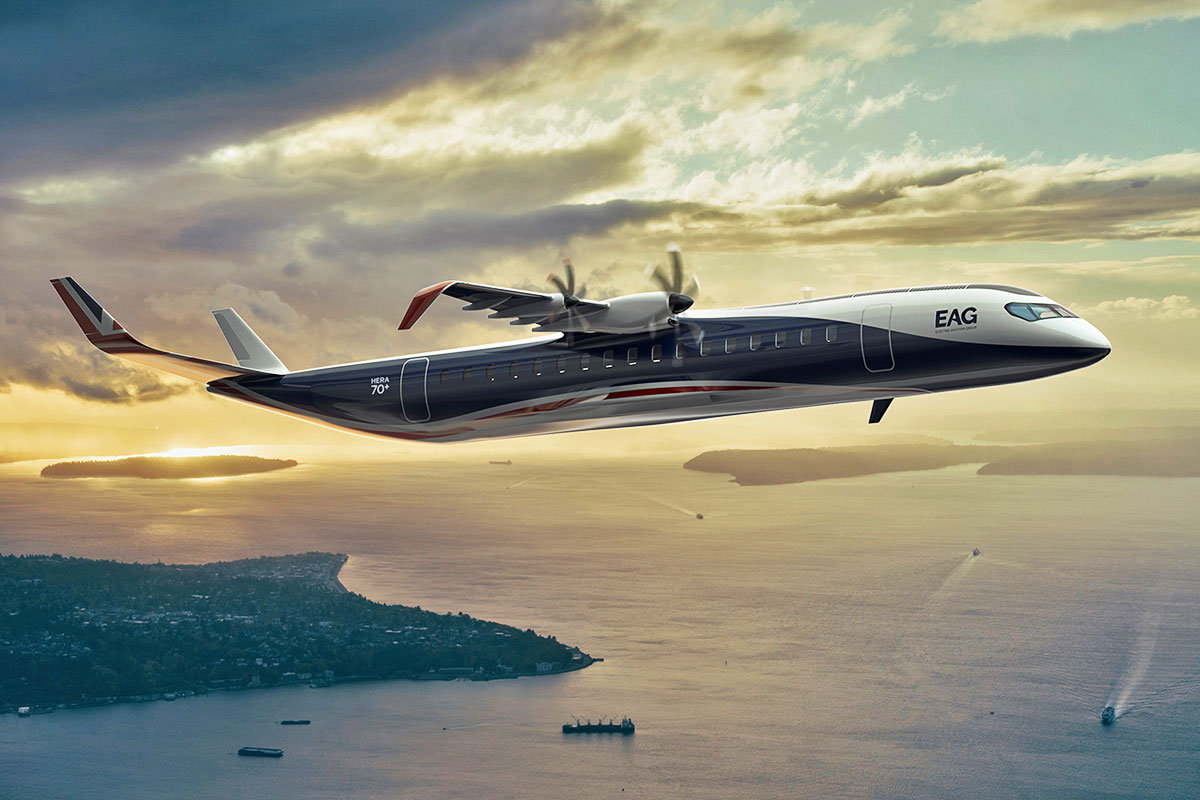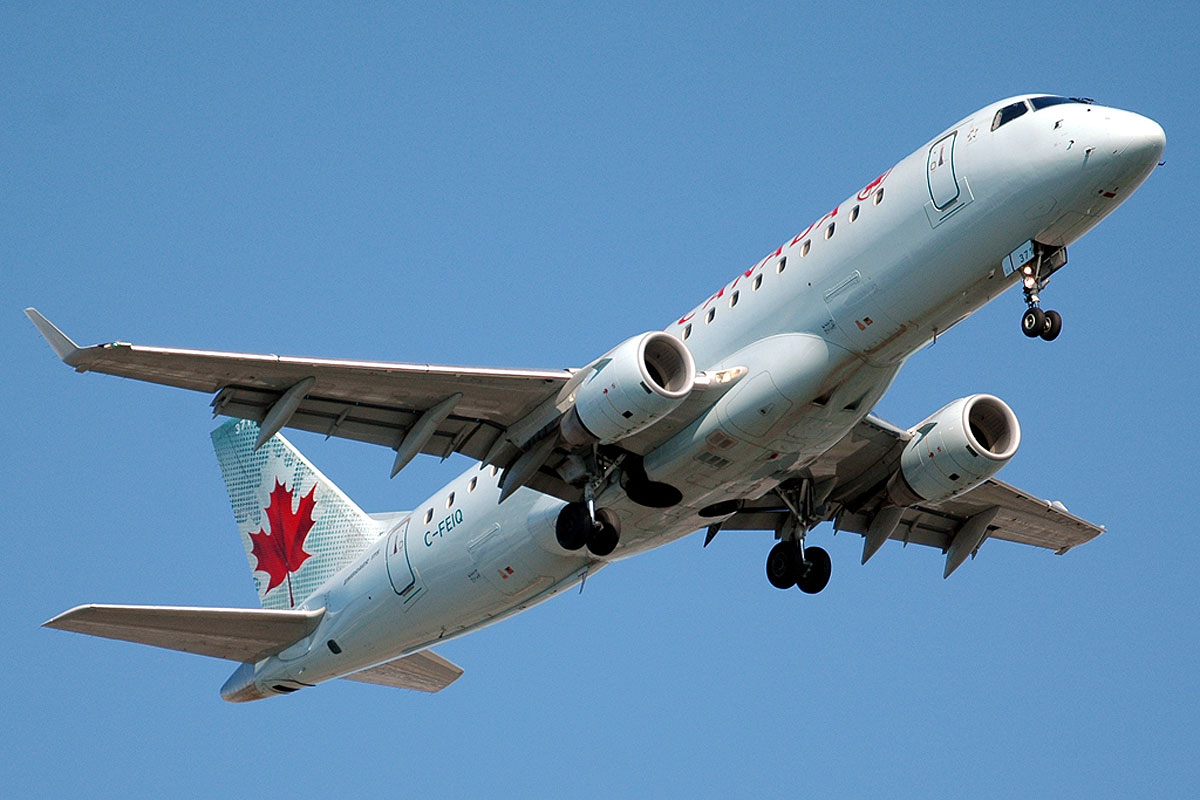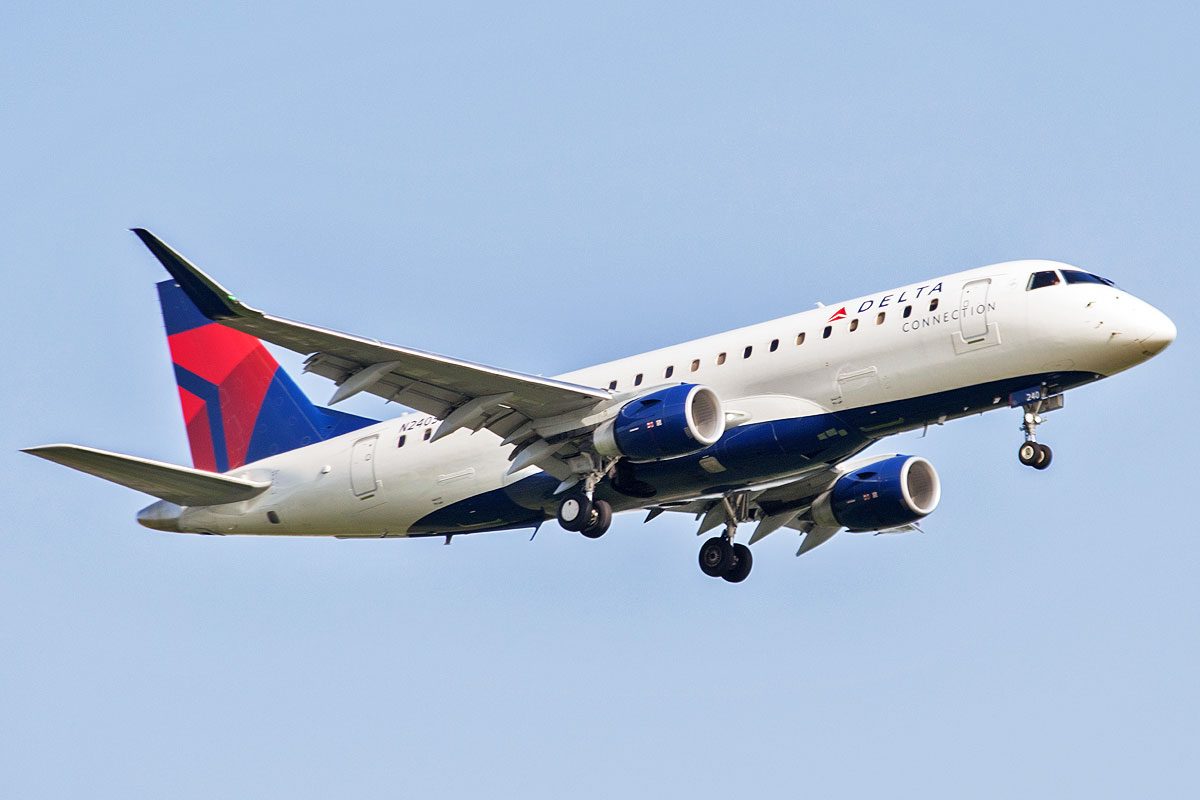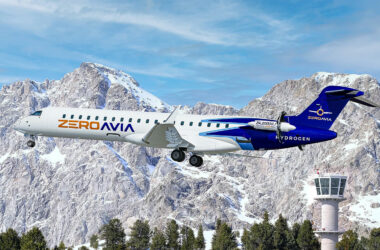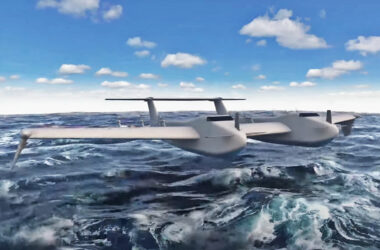On the eve of the realization of Brexit, the UK’s departure from the European Union, another British startup seeks to launch a sustainable aircraft project capable of creating jobs in the country. The Electric Aviation Group (EAG) unveiled this Monday at the opening of the virtual edition of Farnborough the HERA (Hybrid Electric Regional Aircraft), a commercial aircraft for 70 or more passengers.
According to EAG, the plane uses several technologies that can solve the challenges of decarbonisation and mass transportation. With four electric motors, HERA will initially use thermal generators, but will be prepared to be 100% electric as soon as there is capacity to store energy in batteries.
The startup’s goal is that the sustainable aircraft can operate at regional airports like London City. HERA should emit low noise and be capable of short takeoffs and landings. The GATOR (Gear Assisted Take-Off Run) system promises fast acceleration that will result in energy savings. HERA will also have an innovative energy regeneration system, says EAG.
To maximize its use, the British company explains that HERA will be able to be converted into a freighter quickly, which will allow daytime flights for passengers and nighttime for cargo transportation.
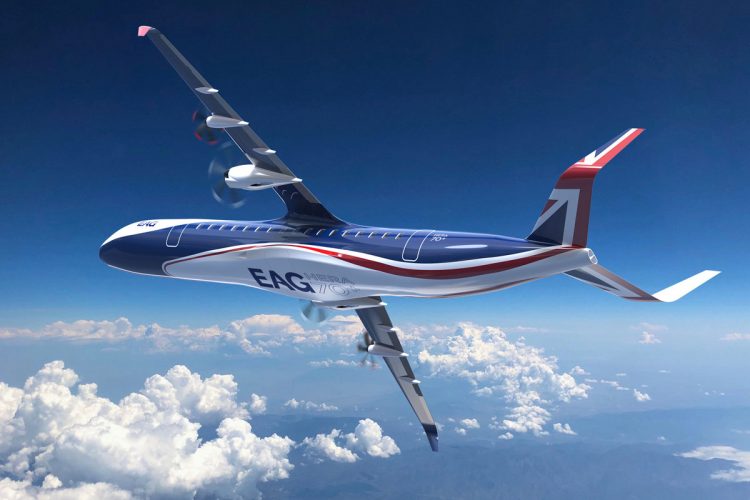
Jet Zero
The company also guarantees that the hybrid electric plane will be able to receive new technologies and alternative sources of energy if available by 2030.
“Significant investments have been raised to develop sub-19 seat hybrid and all-electric aircraft which we believe is the wrong strategy. These small plans cannot meet the demands of mass air transportation or the requirements of decarbonisation,” said Kamran Iqbal, founder and CEO at EAG.
“Our design is for an aircraft that will initially offer 800 nautical miles range at launch in 2028, and which will be able to carry over 70 people. We will be a first move in what is a $ 4.4 trillion market,” added Iqbal.
EAG intends to help the British Department of Transport achieve the goals of the “Jet Zero” program, which aims to reduce carbon emissions in air transport.
To test the concept, the startup plans to adapt a Dash 7 or Dash 8 turboprop to receive the technologies that will be applied to HERA and which are expected to fly around 2024.
